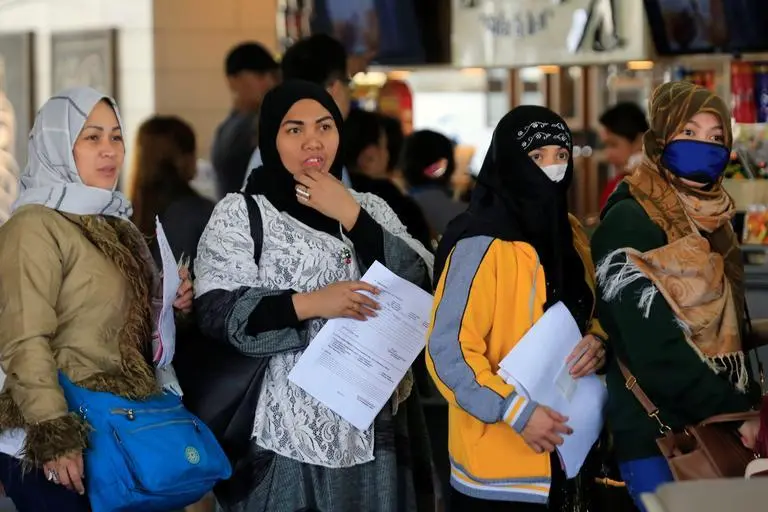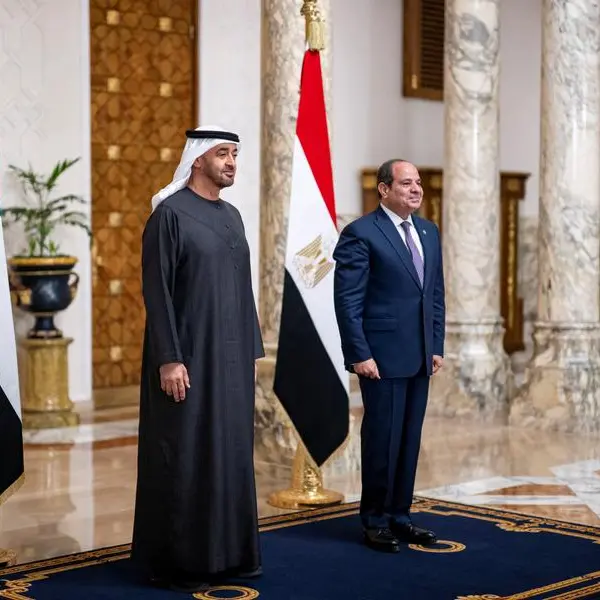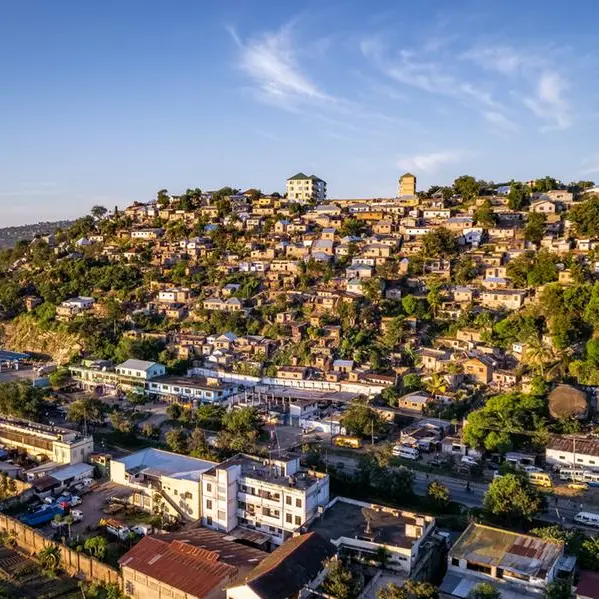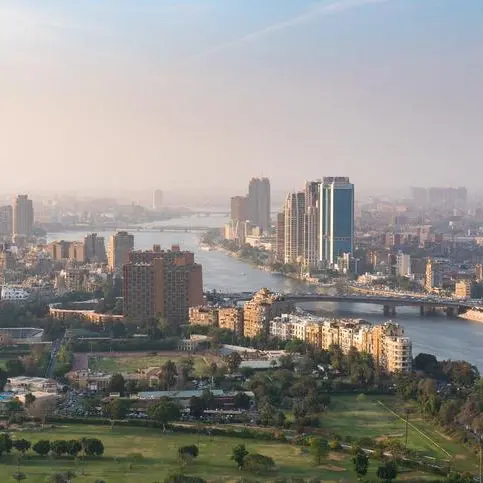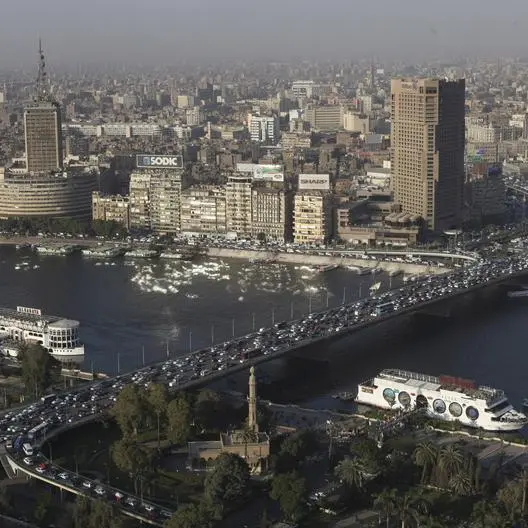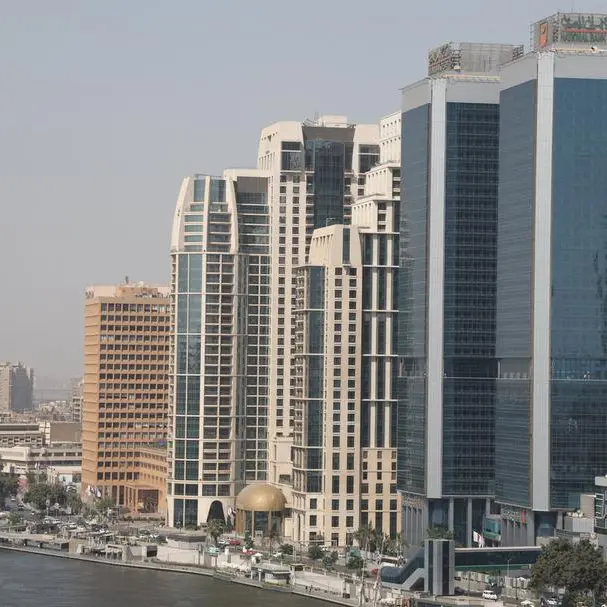PHOTO
MANILA- A dispute between Kuwait and the Philippines over reports of abuse of Philippine workers took a turn for the worse on Thursday with the Philippines expressing "great displeasure" about Kuwait's expulsion of its ambassador.
The conflict has been simmering for three months, sparked by reports that several Filipino domestic workers had been driven to suicide by abuse at the hands of Kuwaiti employers.
The two countries have been working on a pact to protect expatriate workers after the Philippines banned its workers from going to Kuwait.
But on Wednesday, Kuwait ordered the Philippine ambassador to leave within a week and recalled its own envoy for consultations after the Philippine foreign secretary said the embassy was forced to "assist" Filipino workers who sought help as some situations were a matter of life and death. urn:newsml:reuters.com:*:nL8N1S25ZX
The Philippine foreign ministry on Thursday summoned the Kuwaiti ambassador to demand an explanation for Kuwait's action but was told the envoy, Musaed Saleh Ahmad Althwaikh, had left the country late on Wednesday.
"The department served a diplomatic note to the Embassy of Kuwait conveying its strong surprise and great displeasure over the declaration of Ambassador Renato Pedro Villa as persona non grata," the ministry said in a statement.
"These acts are inconsistent with the assurances and representations made by the Kuwaiti ambassador on the various concerns that were brought to his attention."
Officials at Kuwait's embassy in Manila were not available for comment.
Philippine Foreign Secretary Alan Peter Cayetano said Manila would suspend talks on the labour pact until Kuwait clarifies its actions.
"Now this is happening, why would I recommend that we sign the memorandum and lifting of the ban (We were) hoping this will be clarified," Cayetano told reporters in Singapore, where he is attending a regional summit.
Domestic helpers account for more than 65 percent of the more than 260,000 Filipinos in Kuwait, according to the Philippine foreign secretary.
In February, Philippine President Rodrigo Duterte imposed a ban on Filipinos going to Kuwait to work and called on workers already there to return home after the discovery of a domestic worker's body in a freezer in an abandoned home.
The Philippines says it has protested about the detention of four of its nationals who were hired by its embassy in Kuwait to help with the "rescue" operation last Saturday, and the issue of arrest warrants against three diplomatic personnel.
Kuwait has not commented on that publicly.
Foreign workers in many Gulf states are employed under a sponsorship system that gives employers the right to keep their passports and exercise full control over their stay.
Human Rights Watch and Amnesty International have long complained that Gulf states do not properly regulate working conditions for low-income domestic workers and laborers.
(Reporting by Manuel Mogato Editing By Nick Macfie) ((manuel.mogato@thomsonreuters.com; +63 28418913; Reuters Messaging: manuel.mogato.thomsonreuters.com@reuters.net))
